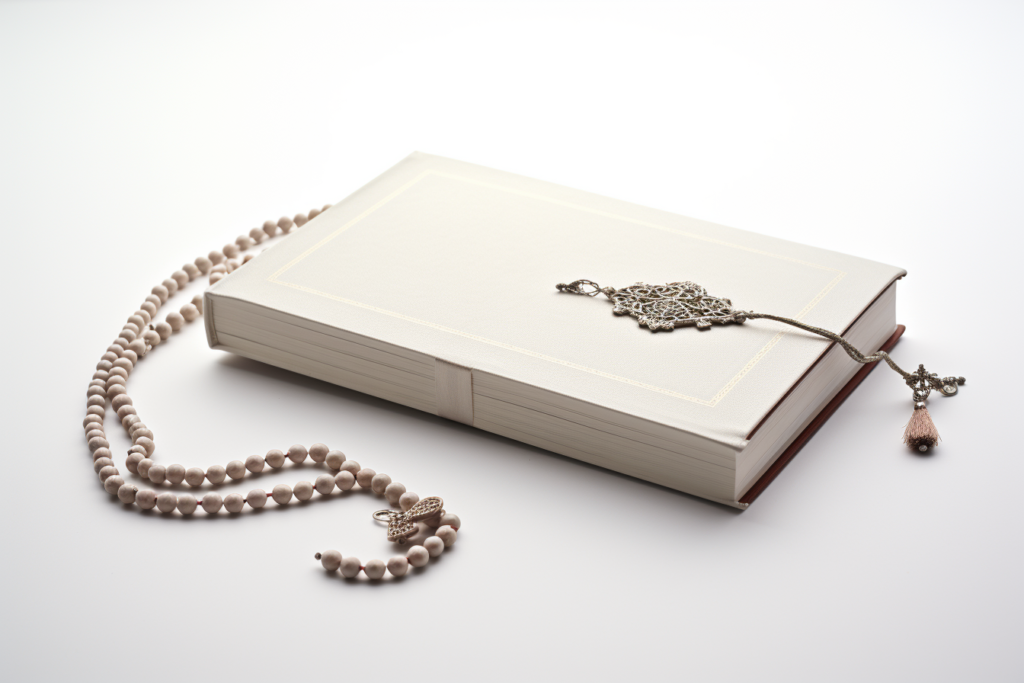
Tasbih, the act of counting and reciting the praises of Allah, holds a sacred place in Islamic spirituality. Beyond being a physical string of beads, Tasbih is a guide for prayer and contemplation that allows Muslims to deepen their connection with the divine. In this article, we will explore the significance of Tasbih as a tool for prayer and reflection in Islam.
Understanding Tasbih in Islam
Tasbih, often referred to as a prayer bead or Misbaha, is a tangible expression of devotion in Islam. The word “Tasbih” itself originates from the Arabic root meaning glorification and remembrance. Muslims engage in Tasbih to express gratitude, seek forgiveness, and strengthen their spiritual connection with Allah.
The Symbolism of Tasbih Beads
Tasbih beads are not merely objects; they symbolize a structured approach to prayer and reflection. The beads act as a guide, providing a methodical way to count and recite the praises of Allah. Each bead represents a step closer to spiritual awareness and a deeper connection with the divine.
Incorporating Tasbih into Daily Prayer
Tasbih is often integrated into daily prayers, serving as a supplementary form of Dhikr (remembrance of Allah). After completing the obligatory prayers, Muslims may use Tasbih beads to recite specific formulas such as “Subhanallah” (Glory be to Allah), “Alhamdulillah” (All praise is due to Allah), and “Allahu Akbar” (Allah is the Greatest). This intentional repetition fosters mindfulness and spiritual reflection.
Tasbih as a Tool for Contemplation
Beyond its role in structured prayers, Tasbih serves as a powerful tool for contemplation. Muslims can use Tasbih during moments of solitude to engage in silent reflection, seeking a deeper understanding of their faith and a closer connection with Allah. The rhythmic repetition of praises becomes a meditative practice, fostering a tranquil state of mind.
Creating a Sacred Space
To fully benefit from Tasbih as a guide for prayer and contemplation, it is essential to create a sacred space. Find a quiet corner, free from distractions, where you can focus your thoughts and intentions. This space becomes a sanctuary for spiritual growth and self-discovery.
Intention and Sincerity
As with any spiritual practice, intention (niyyah) and sincerity are crucial when engaging in Tasbih. Before starting the recitation, Muslims should make a conscious intention, aligning their hearts with a desire for spiritual growth, gratitude, or seeking Allah’s forgiveness.
The Transformative Power of Tasbih
Tasbih, when approached with sincerity and mindfulness, has the transformative power to elevate one’s spiritual journey. It serves not only as a guide for prayer but as a vehicle for personal growth, instilling a sense of peace, gratitude, and profound connection with the divine.
In the tapestry of Islamic spirituality, Tasbih weaves a thread of devotion, prayer, and contemplation. As a guide for both structured prayers and moments of silent reflection, Tasbih becomes a cherished companion on the journey toward a deeper understanding of faith and a more profound connection with Allah.
